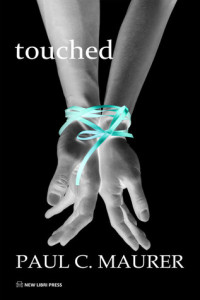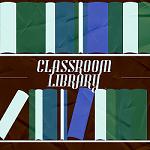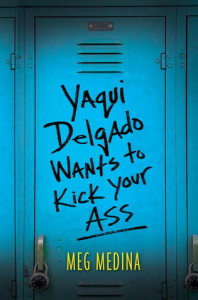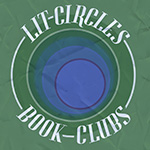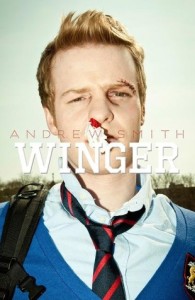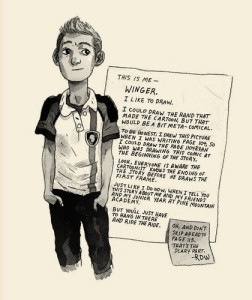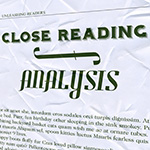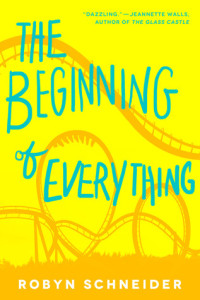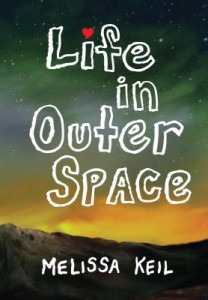Touched
Author: Paul Maurer
Published February 6th, 2013 by New Libri Press
Goodreads Summary: Landmines. Quicksand. Class warfare. Now if Jimmy Parker could only find high school that simple. It only gets more complicated when a mysterious female classmate with a special gift enters his life. Jimmy finds out quickly that a simple touch of her hand allows her unwanted clairvoyance into his most sacred thoughts. Soon after the revelation adolescent sparks fly in directions that culminate in Jimmy’s admittance into the sinister Gritch Club. There he is confronted with social and sexual dilemmas that shake his very core. It is only when his classmate’s mental frailties bubbles to the surface he realizes seemingly harmless actions have powerful consequences that end one life and transform another.
My Review: This book’s ending was so shocking. I sat with my mouth hanging open, just shocked. It was so sudden and really caught me off guard. The emotion I felt starts with the characters. Jimmy is a nobody in his high school until Renee enters his life. Renee is special. She doesn’t care about what others think, she stands up to the bullies, and she actually befriends Jimmy. Renee is who propels our plot. She gets Jimmy to get out of his comfort zone, she is mysterious so I was always trying to figure her out, and she was smart and beautiful.
Teacher Tools’ For Navigation: There is almost a sub-genre of books that Touched fits in, though I don’t know if it has a name yet. They all have smart or outcast main characters, and another character enters their life who helps them realize their identity. Teens who like those book will enjoy Touched as well.
Discussion Questions: How does Renee change Jimmy’s life?; What events caused the surprising ending to happen? Did you see it happen? Was their foreshadowing that could have given away the ending?
We Flagged: “Most of high school was about as thrilling as getting a Slushee brain-freeze. But in my first class after lunch a thin vein of gold appeared within the red bricks of the building. English Composition was taught by Clarice Weatherspoon, a wrinkly lady that just about everybody called Mrs. Spoon. She was about eighty years old and one of those teachers who probably probably taught during the depression and was never going to die. I could see her in a coma maybe, but not dead. I never cared much for writing but Mrs. Spoon was supposed to be different. Fun was too strong a word for her class, but at least it wasn’t supposed to bore the living crap out of you. She only weighted a hundred pounds caring a backpack full of Big Macs, but when she spoke she came on as tough as a leather boot. Probably tougher.” (Location 335, Kindle ebook)
Read This If You Loved: The Beginning of Everything by Robyn Schneider, Speak by Laurie Halse Anderson, Jumped In by Patrick Flores-Scott
Recommended For:
